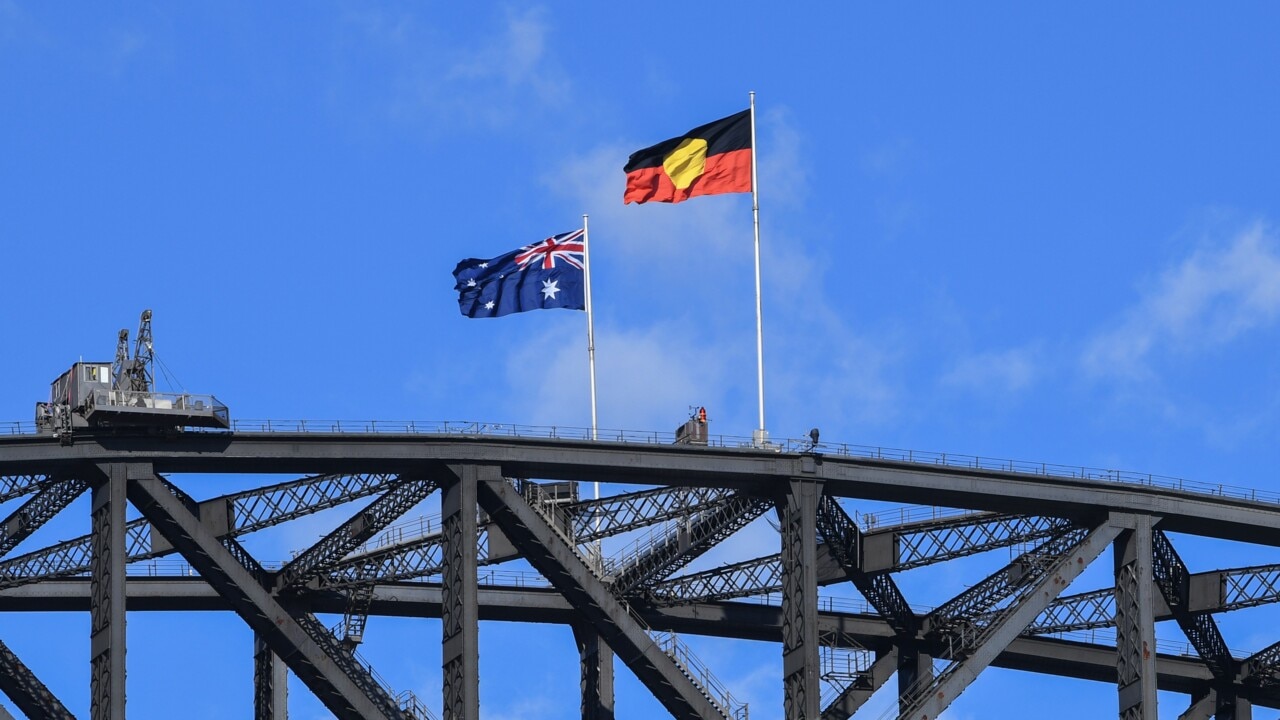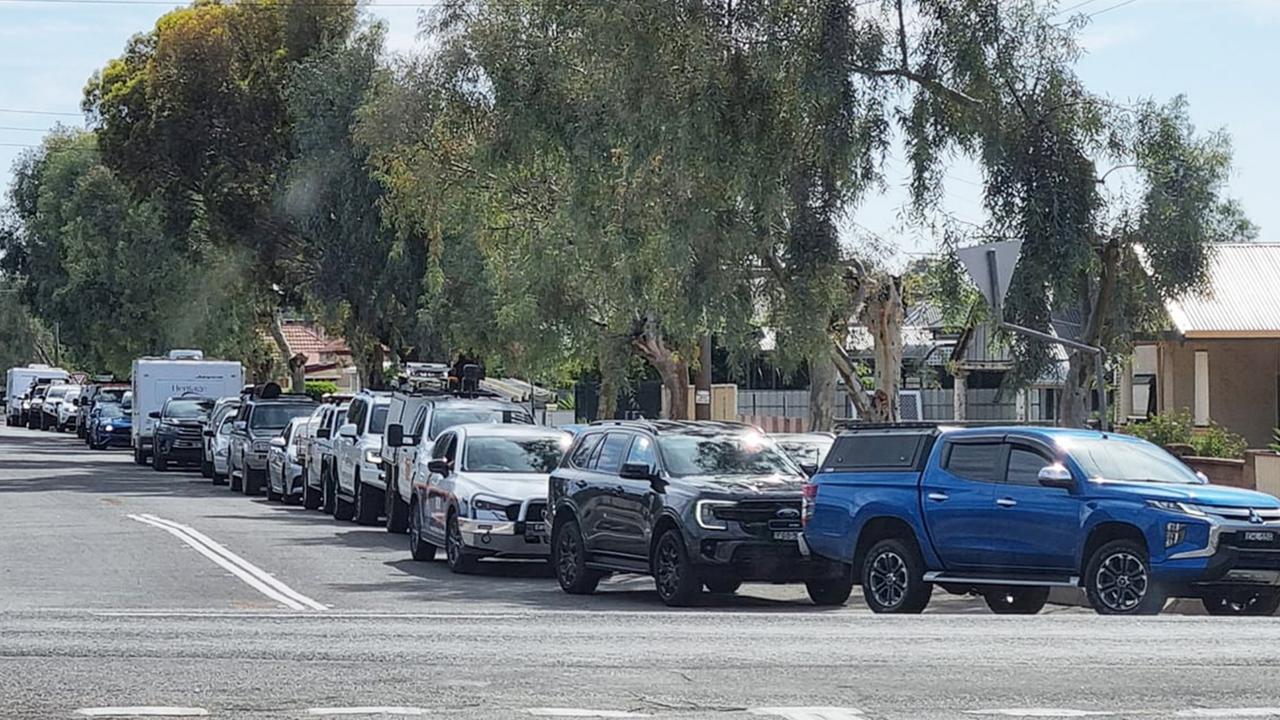Extra $50m for drug and alcohol services when cashless card is abolished
A $50 million boost to alcohol and drug services in remote communities will be the centrepiece of harm reduction plans when the cashless debit card is abolished next year.

NSW
Don't miss out on the headlines from NSW. Followed categories will be added to My News.
A $50 million boost to alcohol and drug services in remote communities will be the centrepiece of the government’s harm reduction plans when the cashless debit card is abolished early next year.
The legislation to scrap the controversial income management tool will return to the Senate next week — if it is passed it will see welfare recipients apply to move off the card from the first week of October.
Under the plan, the government will commit an extra $49.9 million for alcohol and drug treatment services to be designed with the local communities at the cashless debit card sites in Ceduna in South Australia, East Kimberley and the Goldfields in WA, and Bundaberg-Hervey Bay in Queensland.
Another $17 million will go to creating jobs in the affected communities following the card’s abolition.
The new card to replace the cashless welfare card will include updated technology allowing recipients to access more merchants and online shopping as well paying bills via BPAY. It will also require the users to use a PIN and give the chance to block spending if they choose.

Unlike the current system, the government itself will deliver the system through Services Australia, which will hire more front-of-house staff over the transition period.
Social Services Minister Amanda Rishworth said the Albanese Labor government was delivering on its election commitment to abolish the CDC program, and had carefully considered measures that would help communities.
“This package will deliver real solutions for those communities who were subject to the cashless debit card trial and provide choice and long-term certainty into the future,” she said.
“We’ve heard from communities about what they need and these measures deliver on that.”
Indigenous Australians Minister Linda Burney said the government had listened to local communities and would continue to consult community by community on the future of income management.
“Entrenched disadvantage must be tackled by adequate support that addresses the causes of that underlying disadvantage and build capacity,” Ms Burney said.
The abolition of the cashless debit card has proved controversial with some Indigenous Australians – with Senator Jacinta Price of the Northern Territory a particular critic.
In 2021, an evaluation of the card by the University of Adelaide found a quarter of the people on the cashless welfare card reported they drank less frequently since they had been on it, and 45 per cent said it had improved their lives.
Got a news tip? Email weekendtele@news.com.au




